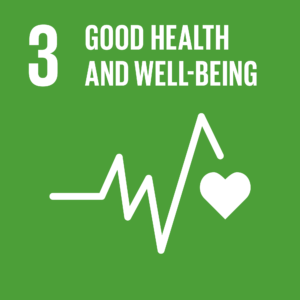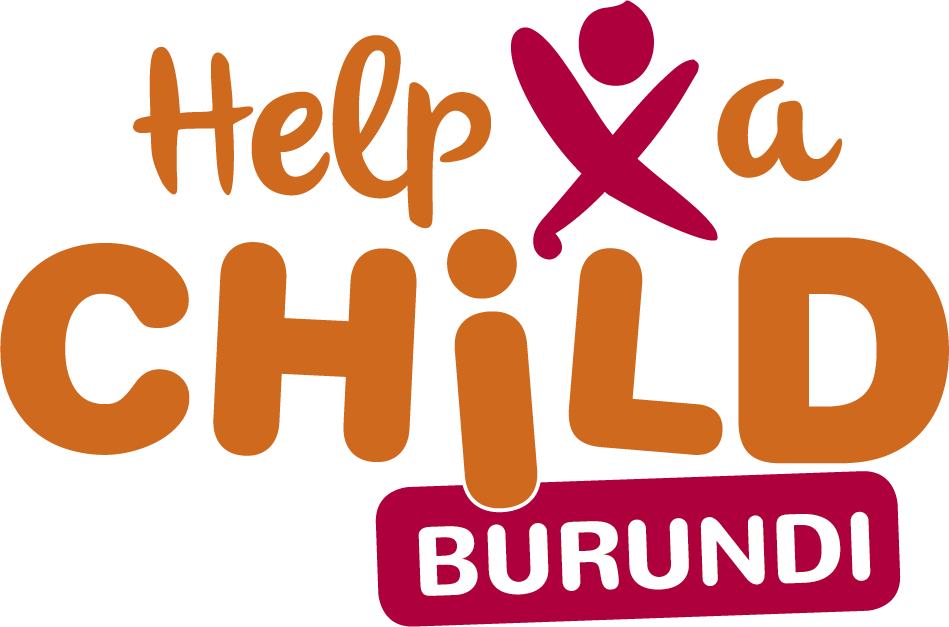Burundi is among the least developed countries in the world with alarming rates of hunger and malnutrition. Currently it ranks 4th in the world in terms of the speed of population growth. The nation has one of the youngest and fastest growing population in the world with currently 12 million people projected to increase to 20 million people by 2050.
Children despite representing 47% of the population in Burundi, still suffer from lack of essential rights to health, nutrition, early learning and protection. UNICEF reports that 1 out of 20 children die before reaching their first birthday, while 1 out of 19 children die between their first and fifth birthday. 43% of children below the age of 5 years are at risk of not realizing their potential in terms of childhood development due to malnutrition and lack of access to essential basic services. Young children represent ¼ of the nation population thus it is now more than ever extremely crucial to invest in their up bringing so to transform them into solution providers and not increasing problems the nation battles with today.
Children are at the center of Help a Child’s mission and its theory of change. Early Childhood Development and Child Protection are embedded in the organization’s strategy across all its humanitarian and development programmes. Help a Child strengthens policies, laws, systems, community structures, parents, guardians and care givers to better protect children from harm. Furthermore, Help a Child supports children from an early age, particularly from the hardest to reach and most vulnerable families and communities, receive the care and support they need to develop, and to cope with the growing global challenges and inequality.
Key challenges:
- Lack of birth certificates hindering children’s access to essential social services
- Low purchasing power of households reducing their capacity to address child stunting, chronic and acute malnutrition
- Unaddressed cases of child violence, abuse, exploitation or negligence
- Insufficient social services with ECD expertise and qualified personnel to supply required ECD services
- ECD structures which do not respect the norms in terms of equipments and materials available to serve children
- Limited integration of ECD interventions in sectoral plans and policies at all levels
- ECD interventions are not inclusive
- Insufficient funds in the national budget allocated towards ECD
- Low awareness of the importance of investing in ECD
- Insufficient studies/research on ECD, Lack of data on the integration of ECD in various sectors
ECD Track Record in Burundi
Since 2016, Help a Child has been contributing towards Early Childhood Development and Child Protection in Burundi, including child protection and emergency education in disaster response. Help a Child Burundi manages an ECD portfolio ranging between 412,000 Euros to 981,835 Euros per year. The average costs of supporting an ECD center through construction, renovation and capacity strengthening for staff and teachers vary between USD 4,000 and USD 80,000 depending on the location, whether there are construction needs or not and the availability of required construction materials in the district of intervention.
With its flagship Child Centered Community development programme (CCCD) and the Rêves des enfants project funded by UNICEF implemented, Help a Child works in the districts of Kayanza, Kirundo, Buganda, Rutovu, Murwi, Butaganzwa and Kibago in collaboration with Fraternité des Eglises Evangelique du Christ en Afrique au Burundi (FECABU), Help Channel Burundi, the Réseau des Confessions Religieuses pour la promotion de la santé et le Bien-Etre Intégral de la Famille (RCBIF) and Social Action for Development (SAD) to:
Construct, renovate or setup:
- school based ECD centers
- home based ECD centers
Strengthen capacity of:
-
- ECD center management teams on management, operations and administration staff training, teacher training, curriculum development, upgrading facilities and promoting community engagement to address children’s early childhood development needs
- child protection committee on psychosocial support for children and parents, handling cases of child violence, abuse, exploitation or negligence, disability inclusion
- parents and guardians on early stimulation and positive parenting, health and nutrition, savings and loans schemes, entrepreneurship, integrated farm plan (PiP) approach, agricultural vocational training
- community members on children’s rights and the importance of ECD
Through its disaster response programme, Help a Child has partnered with WFP, UNHCR and IOM to address malnutrition risk of refugees, households internally displaced by climate change or the deteriorating economic situation and returnees. Furthermore, the organization has (re)constructed essential community infrastructures including school classrooms equipped with student desks and WASH facilities such as water sources and school toilets. Lastly, it has also delivered pilot projects contributing towards climate resilience, child protection and emergency education in collaboration with Social Action for Development (SAD) and Holland Green Tech.
The main activities in line with Early Childhood Development and Child protection are:
- Supporting IDP children to recover/access birth certificates (co-creation with SAD and UNICEF)
- Establishing and providing operational support for child friendly space in IDP relocation sites (co-creation with SAD and UNICEF)
- Providing psychosocial support for IDP children, IDP parents and guardians
- Strengthening capacity of IDP parents and guardians on positive parenting and early stimulation training
- Addressing malnutrition risk for children living in refugee camps with unconditional food aid
- Contributing towards improved nutrition conditions of IDP households through climate smart agriculture training, PMEAL and coaching support
- Installation of WASH facilities in a returnee transit center and reintegration communities
Help a Child has also contributed towards system changes by:
- Successfully lobbying and advocating for the integration of 1 ECD module in the national curriculum
- Contributing towards the 2021 – 2027 ECD national policy implementation plan in collaboration with the Ministry of health and the fight against AIDs and United Nations Children’s Education Fund (UNICEF)
- Lobbying and advocating for a policy making education mandatory for children by 2025 and making ECD mandatory for young children by 2030 (ongoing campaign with key stakeholders in child protection, education and ECD in Burundi)
- Participating proactively in the child protection sector, the food security and livelihoods sector, the education sector, the shelter sector, the Emergency education working group, the EU CORD network and the Gender Think Tank.
We contribute to these Sustainable Development Goals:
![]()

![]()
![]()
